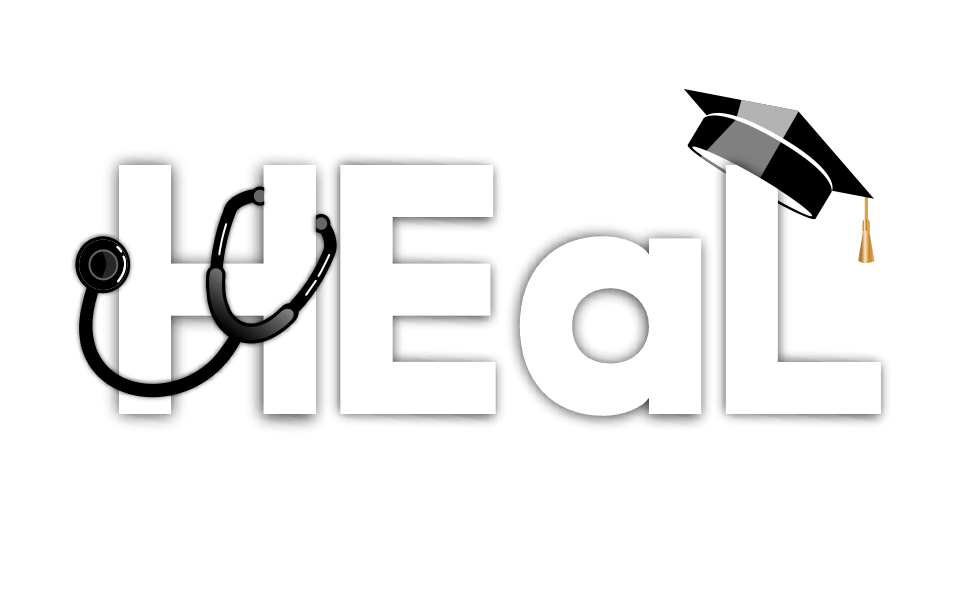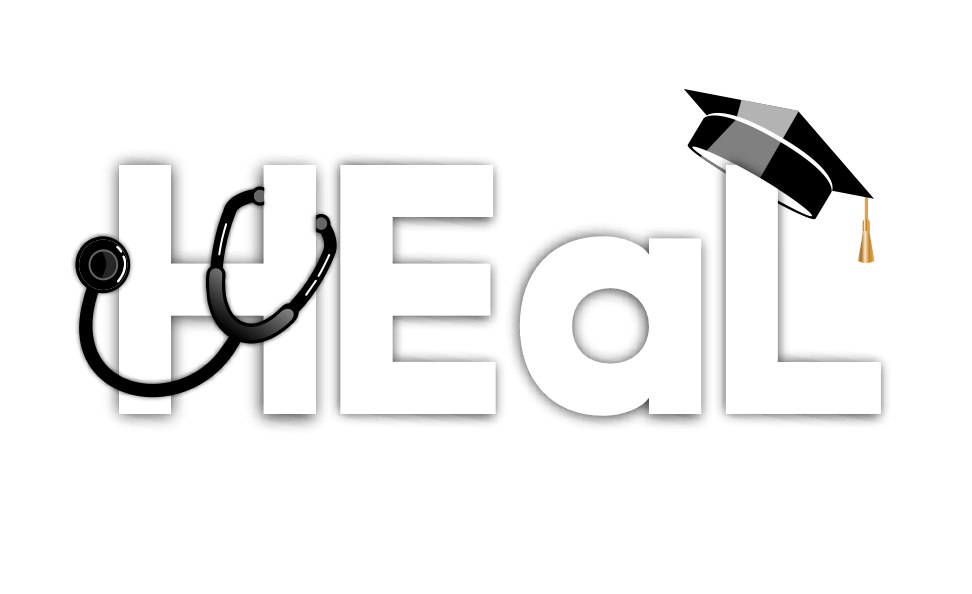Is there any need to bring education and health together? Let’s find out in today’s post.
The healthcare ecosystem is deeply influenced by several social factors outside the healthcare domain. These social determinants are income, social and physical environment, the macrostructural government policies, and—most predominantly—education.
Why is the need for educational intervention felt?
There is a growing health disparity across countries globally. Due to this, educational intervention is the ‘need of the hour’ to reduce inequalities in receiving healthcare services and boost health.
Beyond this, the goal of intervention is to address a wide range of vulnerabilities, from unemployment and school life expectancy to labor market discouragement. This change in perspective can shift the public’s attitude towards personal health and encourage the government to make healthcare more accessible.
Education & Healthcare: Why setting a relationship between these two is essential?
At microscopic levels, there is an urgent need to understand how education affects the healthcare domain and how a clear understanding of the relation between health and education is integral to improving national health administration and policies.
Studies indicate that individuals with higher educational qualifications lead healthy lives and have better lifespans than less-educated individuals. In fact, a lack of tertiary education—in particular—affects infant mortality, life expectancy, child vaccination, and other determinants that play a crucial role in child development. Further, the same study hinted that premature mortality should be used to gauge health quality—something innovators and health policymakers should highly consider.
Based on this information and the social implications at stake, it is safe to conclude that it is a prerequisite for scrutinizing healthcare and education domains under the same lens! And this is what we strive to do with HEaL Conference 2023. Herein, we are making efforts to bring developmental interventions with education policies for two main functions: bringing
new business opportunities and gap the social inequality in terms of receiving healthcare.
In a nutshell
Education and health are instrumental in improving individual and population health. An improved approach to reaching desired goals is to bring combined interdisciplinary research, bring our novel social models, and create rich data resources. With health differences expanding, there is a dire need for new directions in research and a holistic change in health policies based on education and vice versa.







